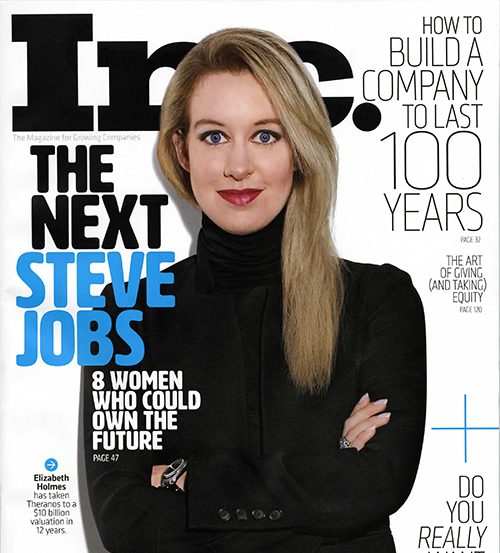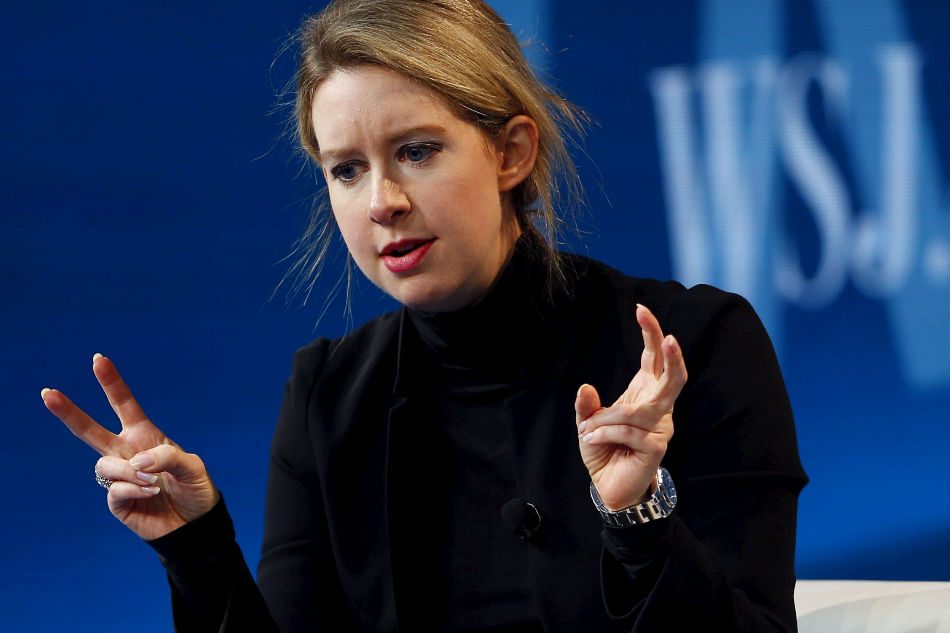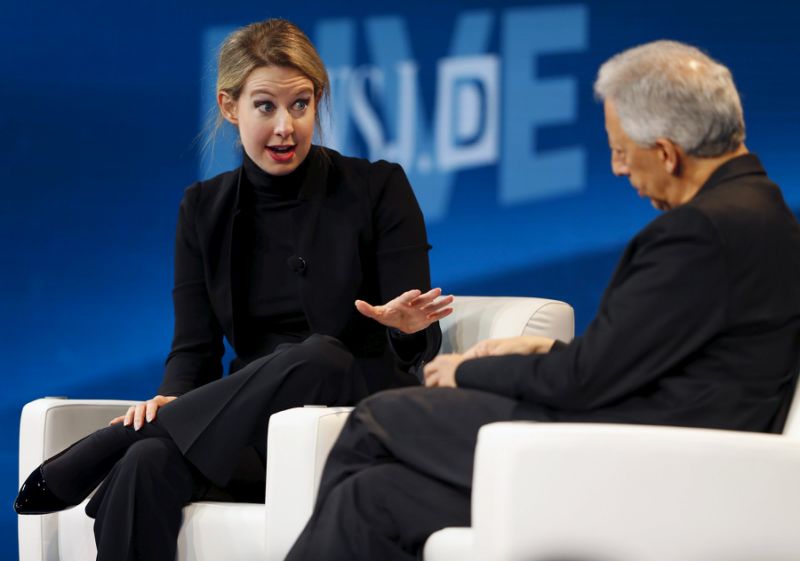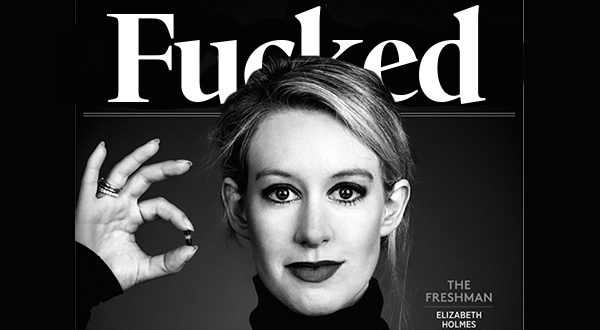The start-up Theranos was once Silicon Valley’s ‘precious’. It had a $9 billion valuation and claimed its technology could accurately run hundreds of tests with a few drops of blood. Then it was revealed to be a fraud.
Before it was declared to be a fraud, the founder Elizabeth Holmes was hailed as Steve Job’s successor and lauded as the Darling of the Silicon Valley.
But the question that needs to be answered:
How could someone pull off such a massive deception?
Dan Ariely, a behavioral expert says that Holmes may not be so different from the rest of us. Interestingly, Dan Ariely is the one whom Holmes sought out for advice as things started to fall apart and who appears in the documentary “The Inventor: Out for Blood in Silicon Valley”.
The prodigy, who started to build Theranos at the age of 19, made the entire Silicon Valley look like a joke with her theatrics, much to the delight of Hollywood, which considered the story to be of a gold standard, compelling enough to churn a massive hit. Fast forward, we hear Jennifer Lawrence being cast as Elizabeth Holmes in the next big biopic that is thankfully not a musical. Bohemian Rhapsody, Rocketman and that movie about Mötley Crüe, we’ve had enough Musical biopics already.
We attempt to break down the mental conditioning that paved the way for Holmes to raise $724 million, promising a pathbreaking technology that never existed in the first place.
Holmes had the clinical conviction to ‘believe’ in her lies
By lying her way to the spotlight, Holmes believed her story was true. She felt she wasn’t doing anything wrong by faking it all along the way. She believed in her lies, she believed in her bullshit. Human brains are good at remembering general statements or ideas, but they are not so good at remembering where the information came from, or sometimes even whether it is true.
People tend to lie more when it’s associated with a very good cause
It is easier to resort to bad things when the cause involved in it is for a good reason. In Ariely’s explanation, people lie more when it’s for something positive, like charity. In this scenario, she didn’t feel emotionally conflicted about the lie. That’s because she could lie and still think of herself as a good person.
Holmes had a story to sell, and she is a master story-teller
Not everyone gets to be deemed as the ‘next Steve Jobs’. Holmes frequently talked about Theranos by telling the story of her beloved uncle who was diagnosed with skin cancer, which quickly became brain and bone cancer. He died too young and Holmes hoped that with the help of her blood-testing technology, people will have to say goodbye not too soon.
It was that kind of passion that hooked all kinds of people on Theranos. Venture capitalists tend to invest in an entrepreneur’s ‘why’ rather than a business plan. A good story that conveys a solid vision can go a long way.
The fall of Elizabeth Holmes reminds us of a world that is filled with lies and even in a dystopian future that is usually imagined infested by modern technological outbreaks, the real villain in the centre of it all are humans and their emotions.













GIPHY App Key not set. Please check settings